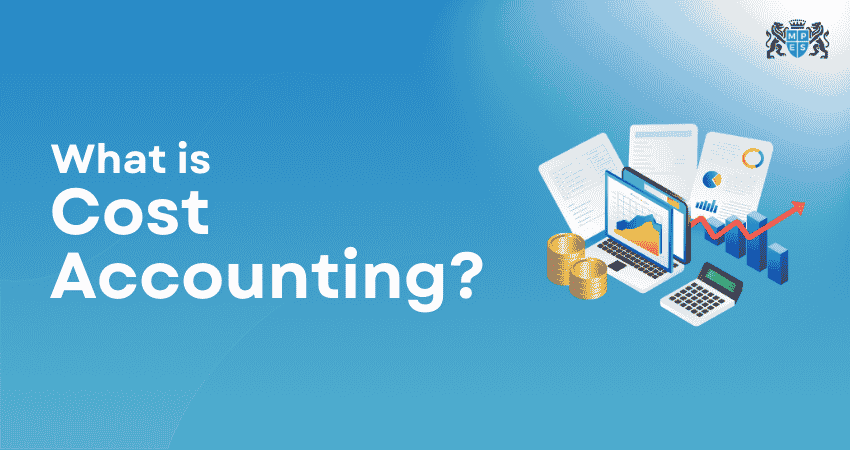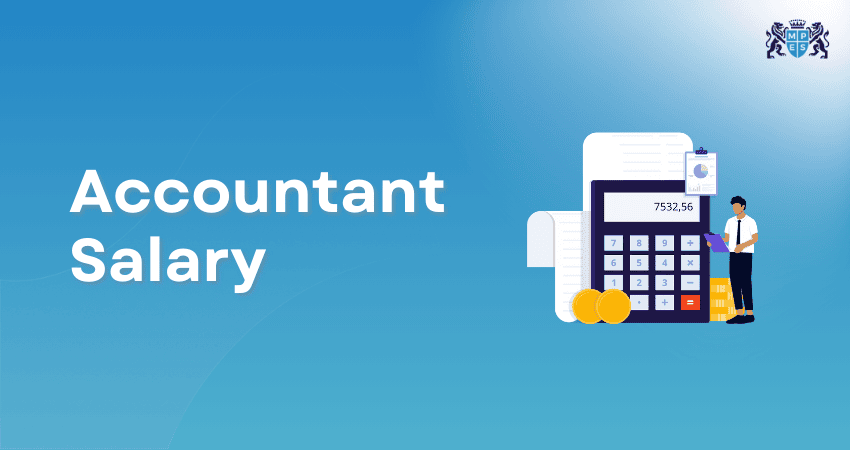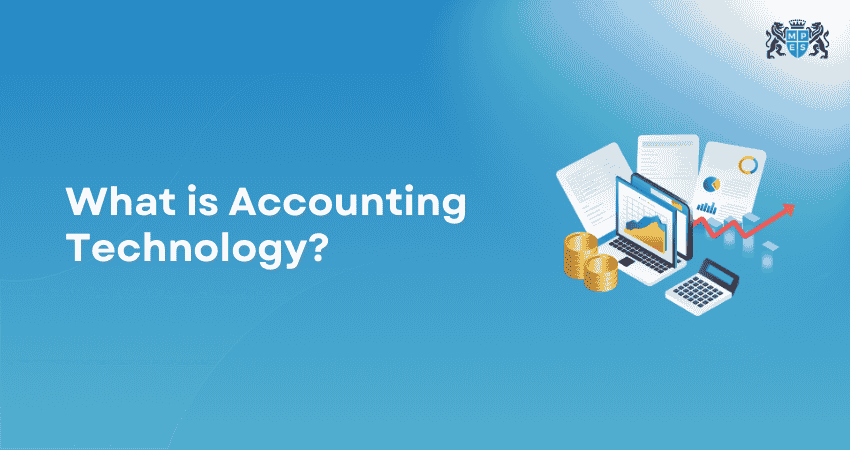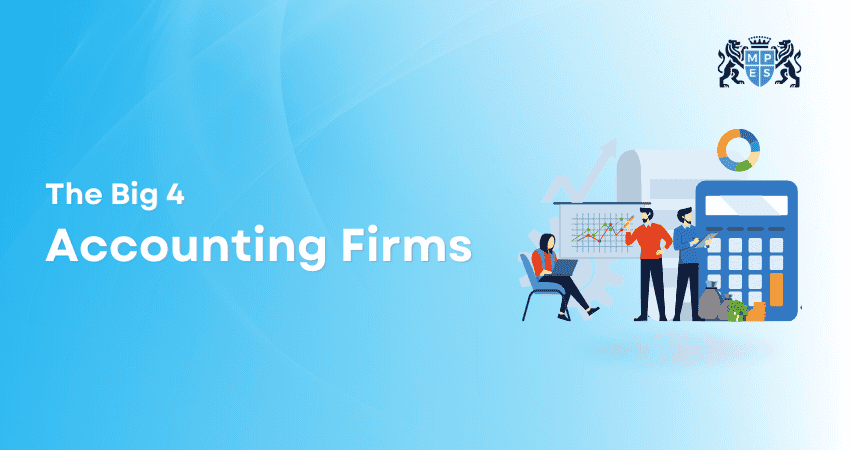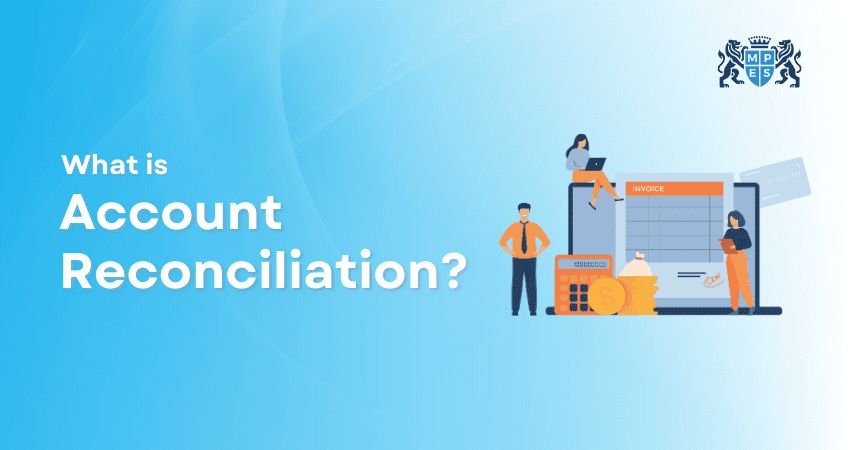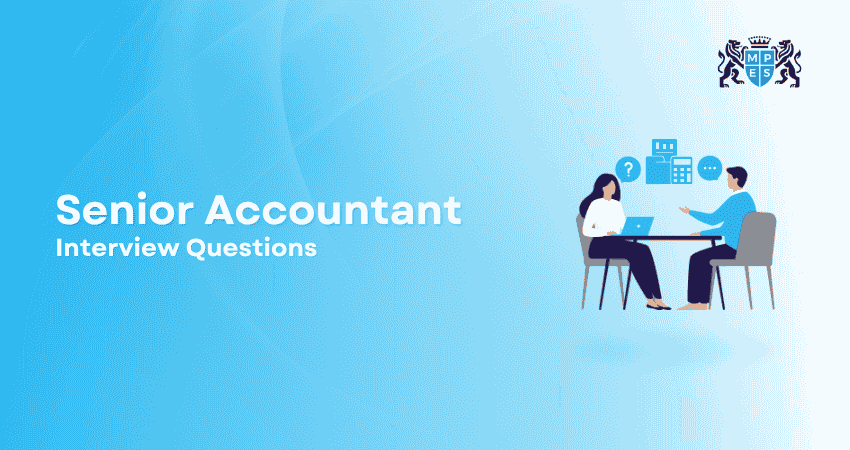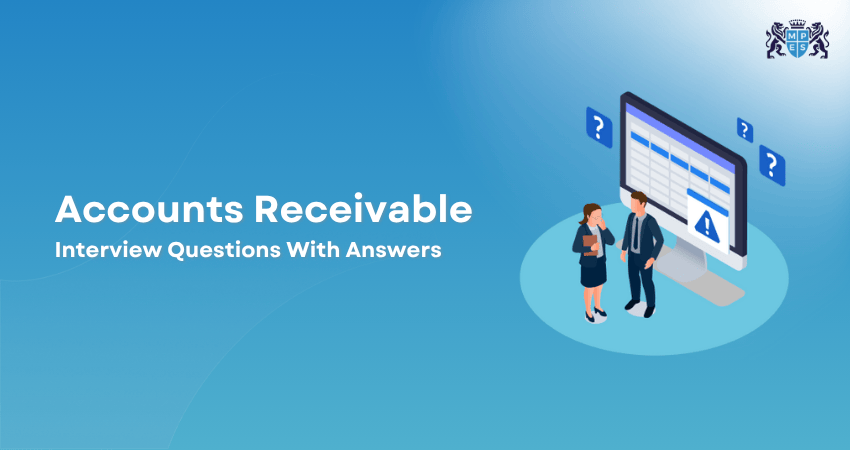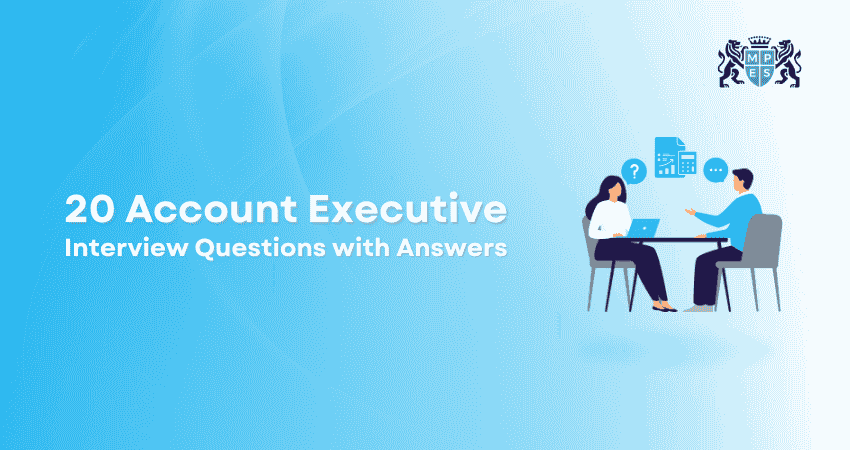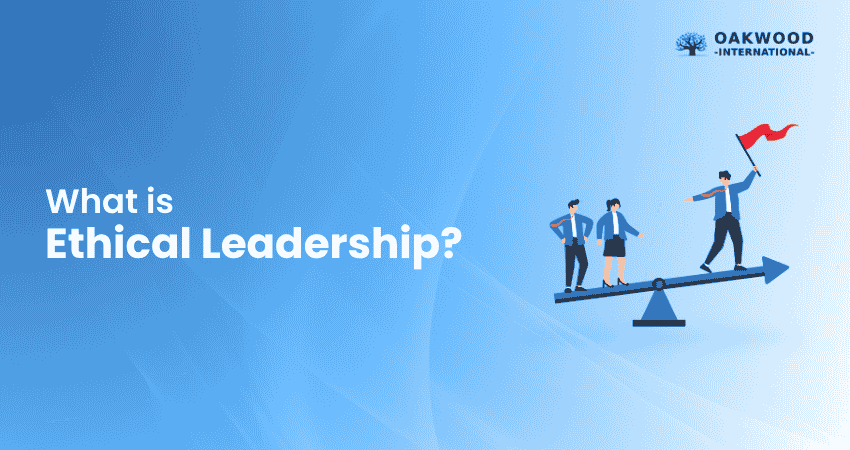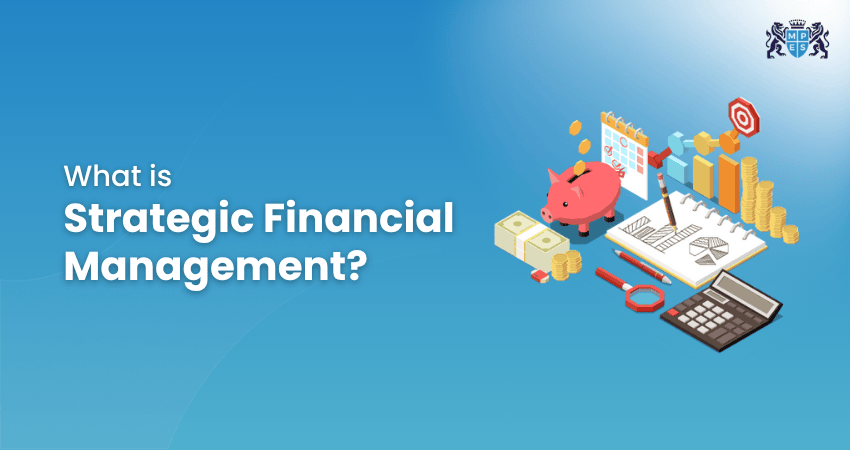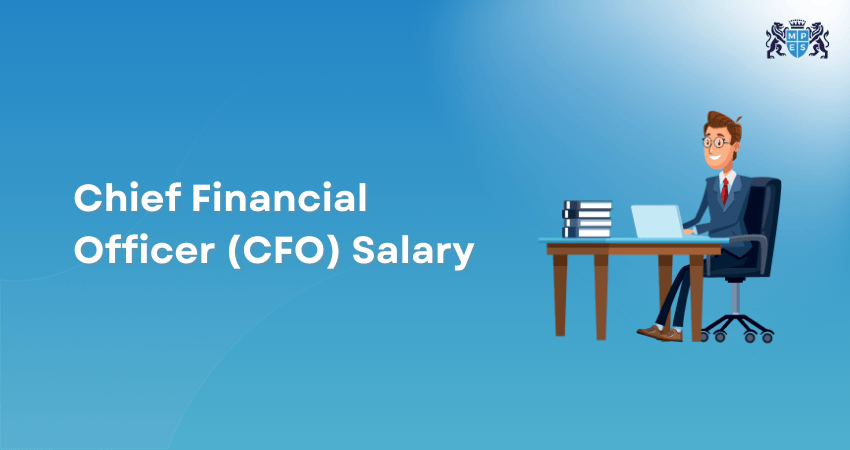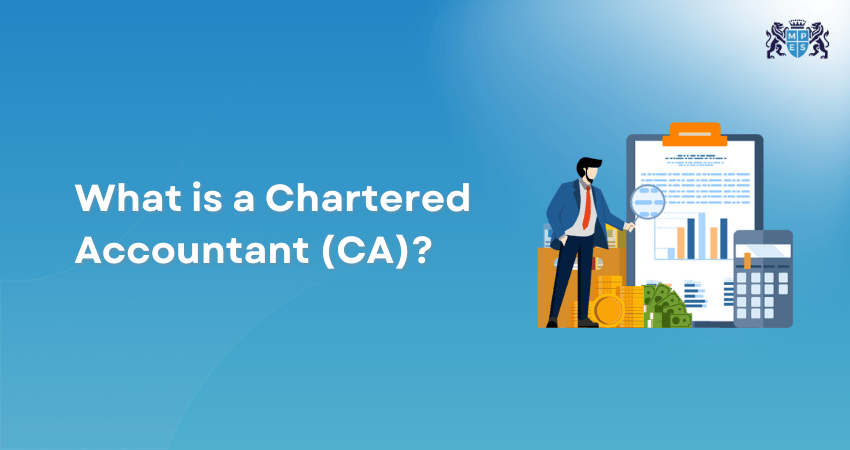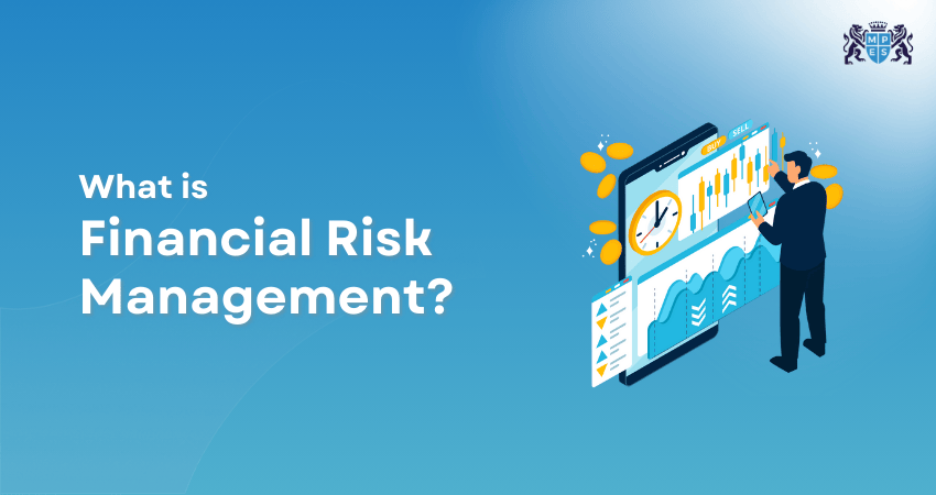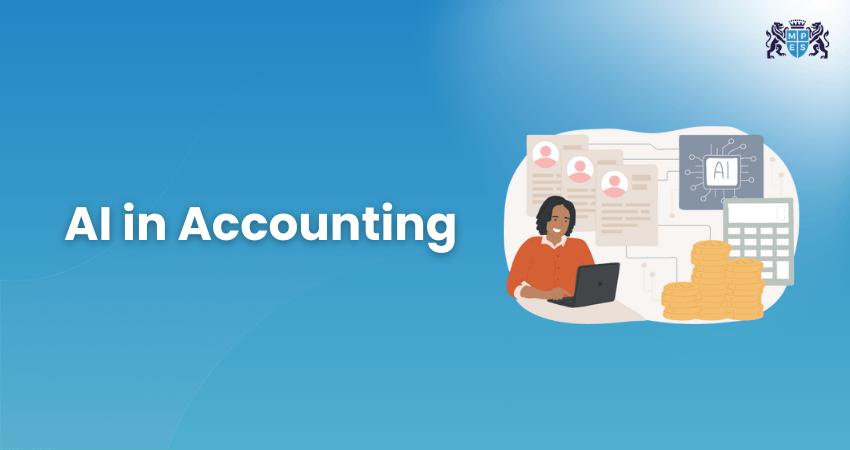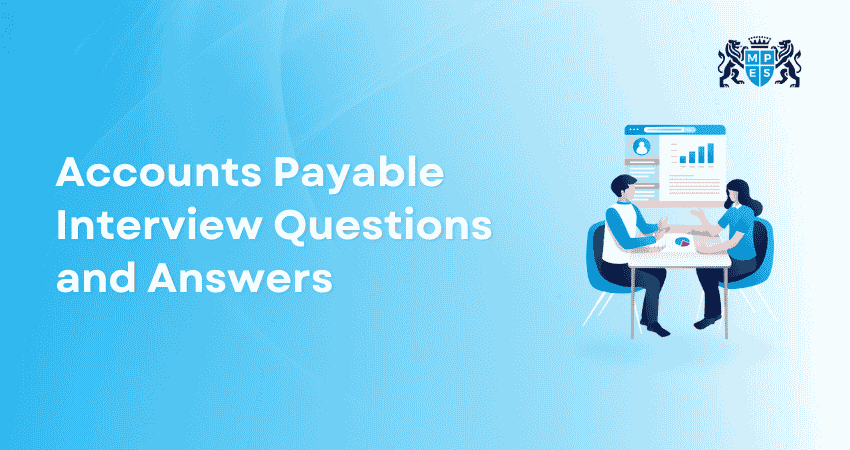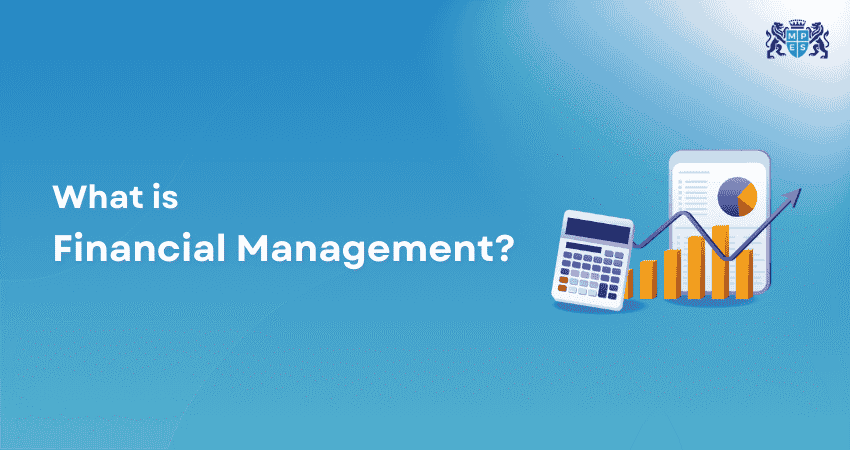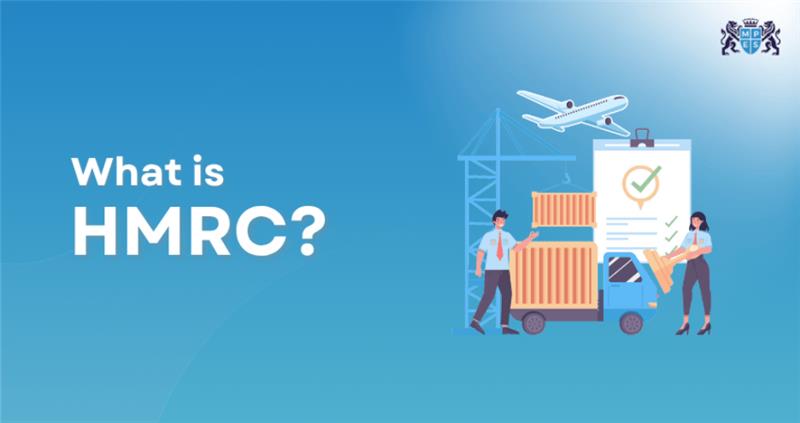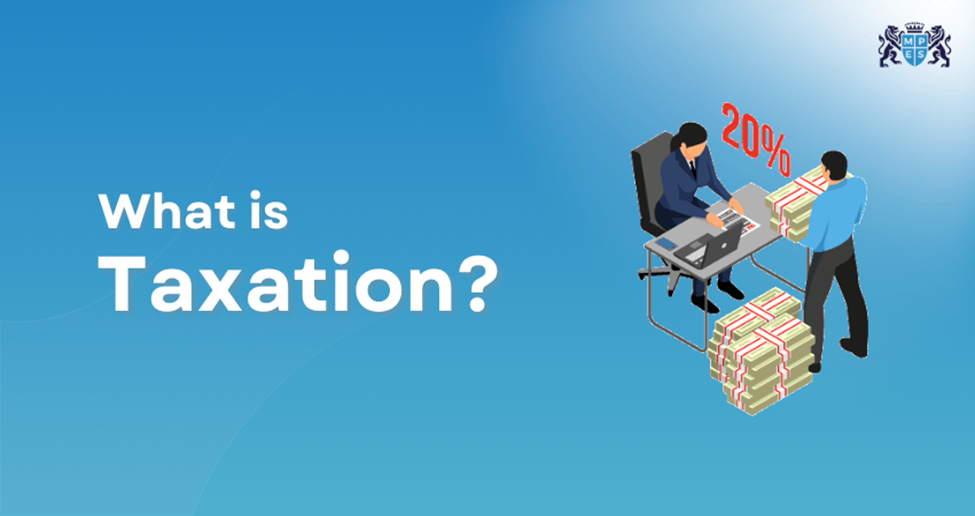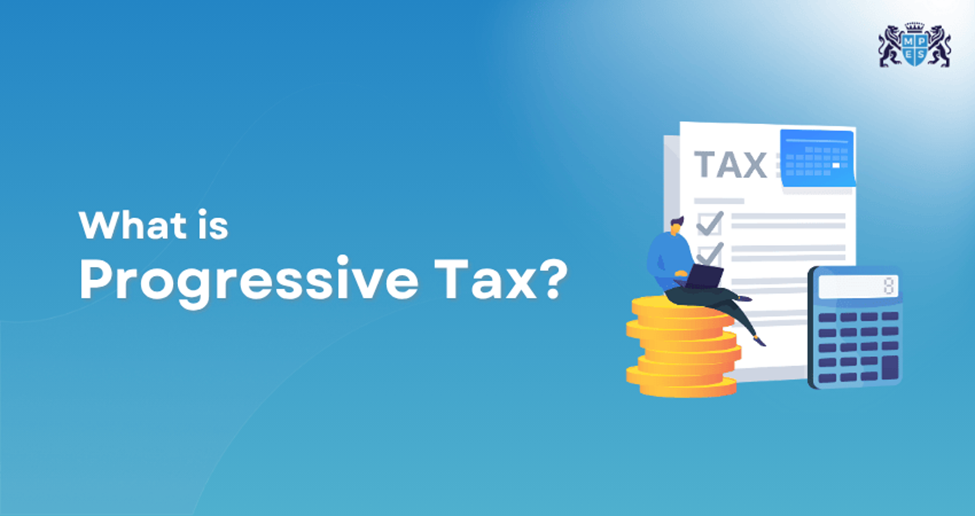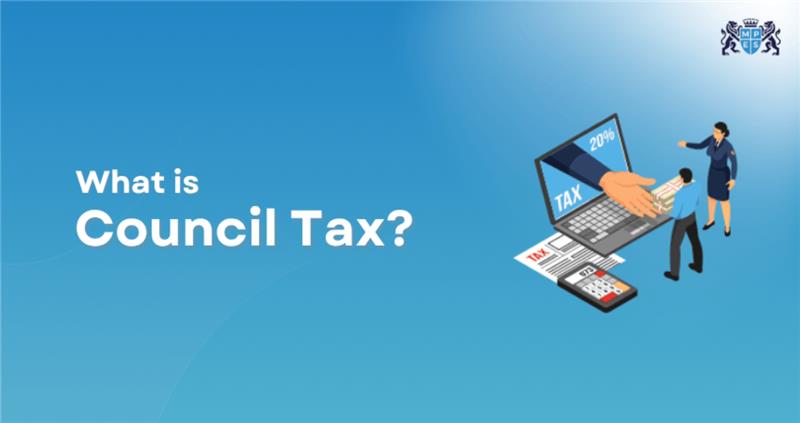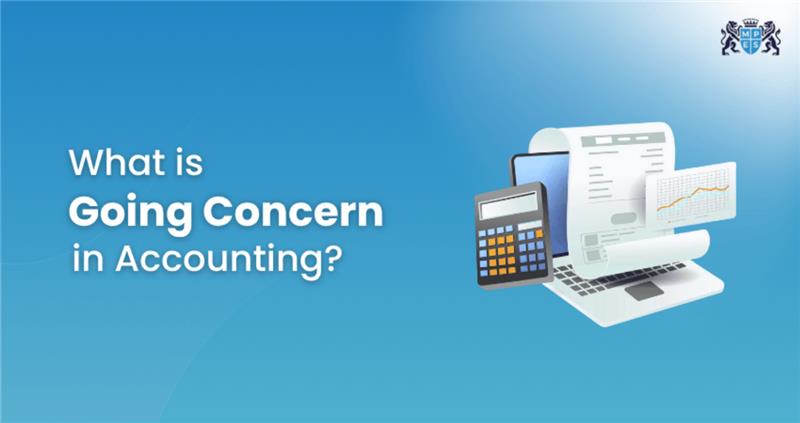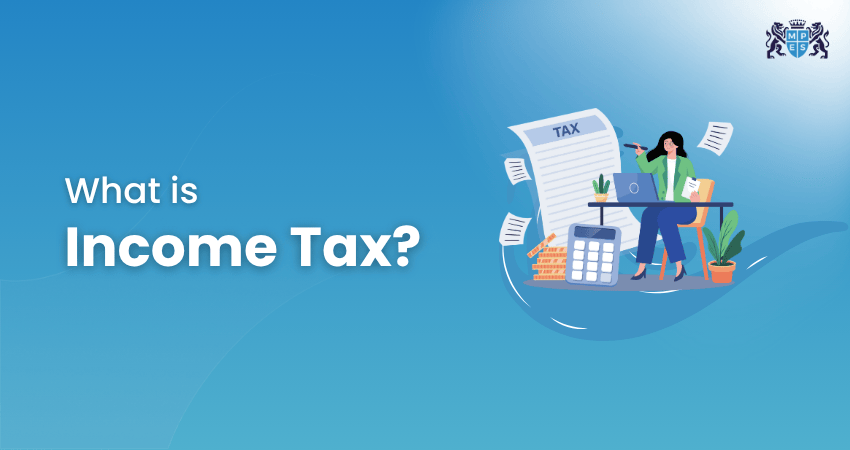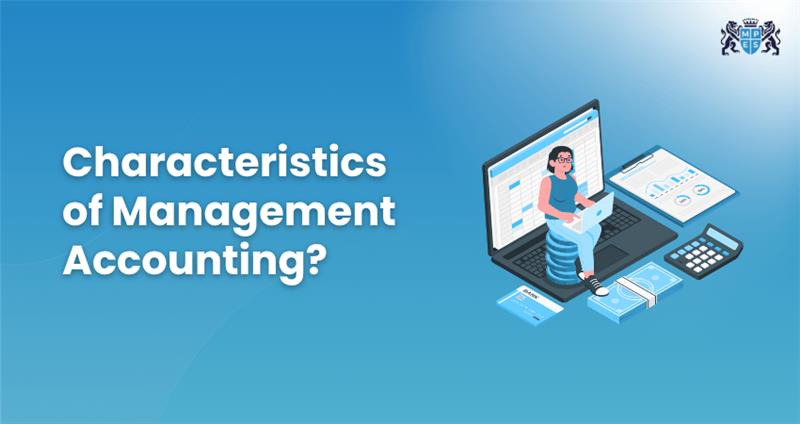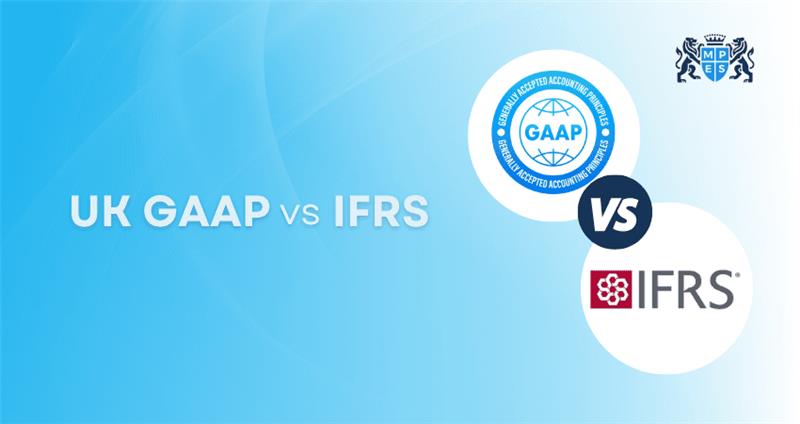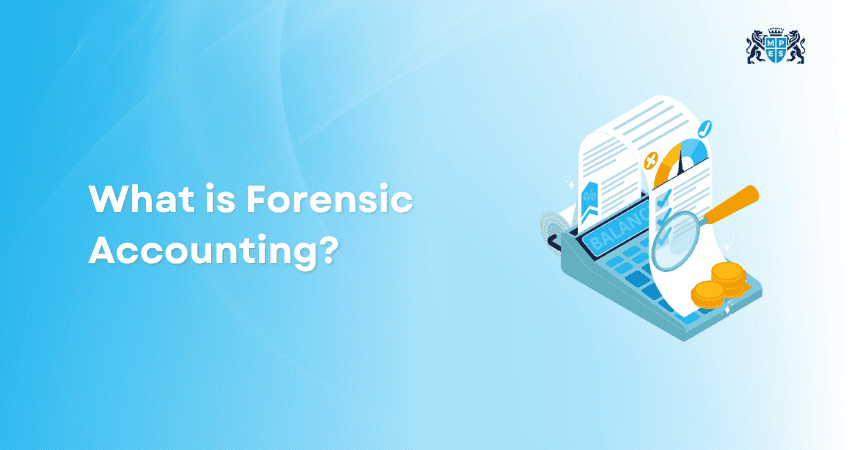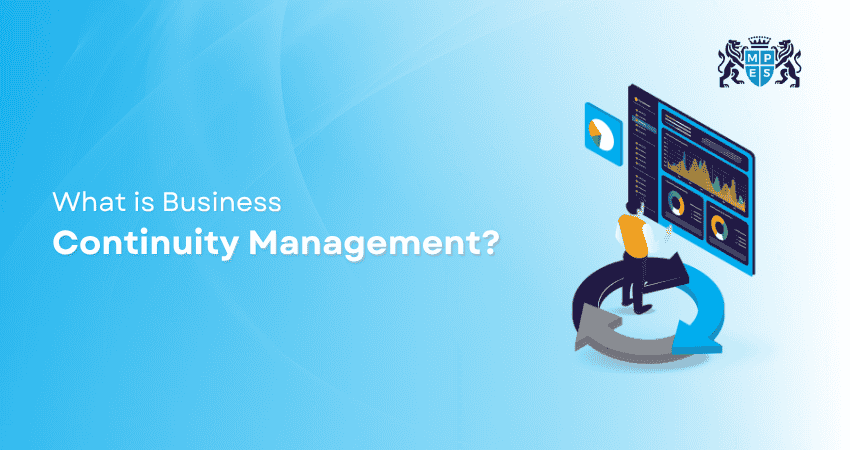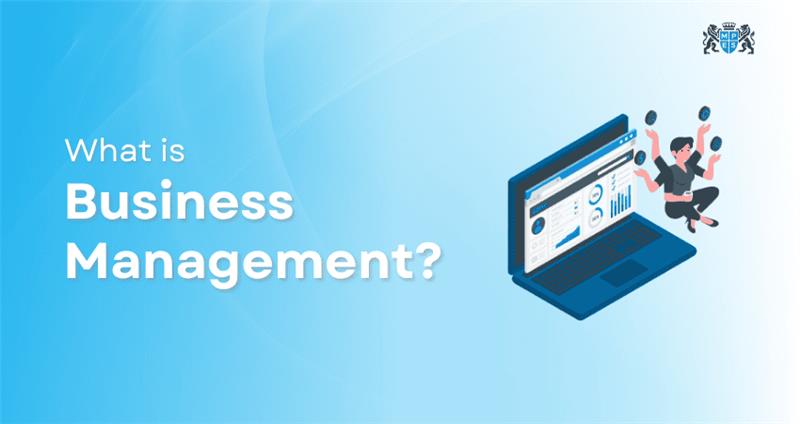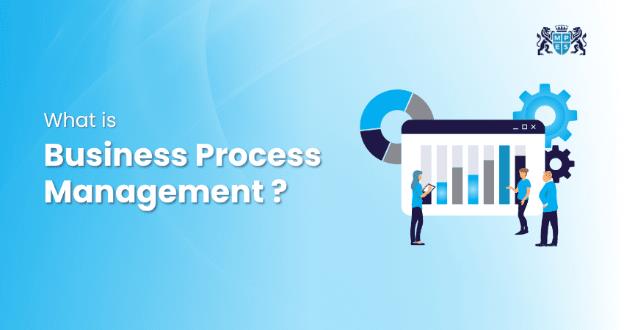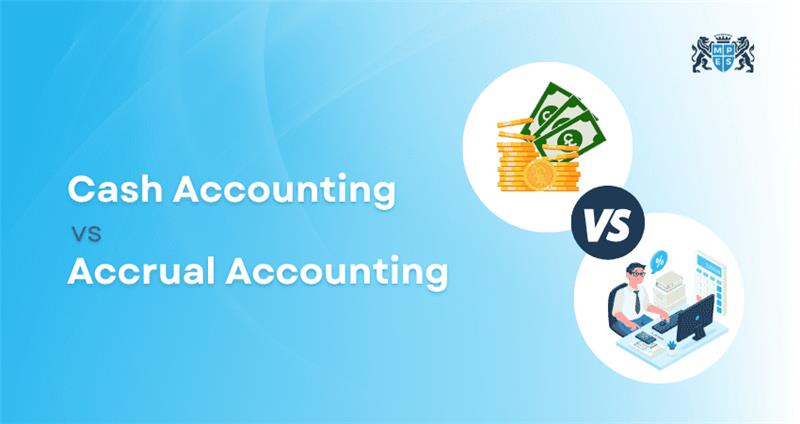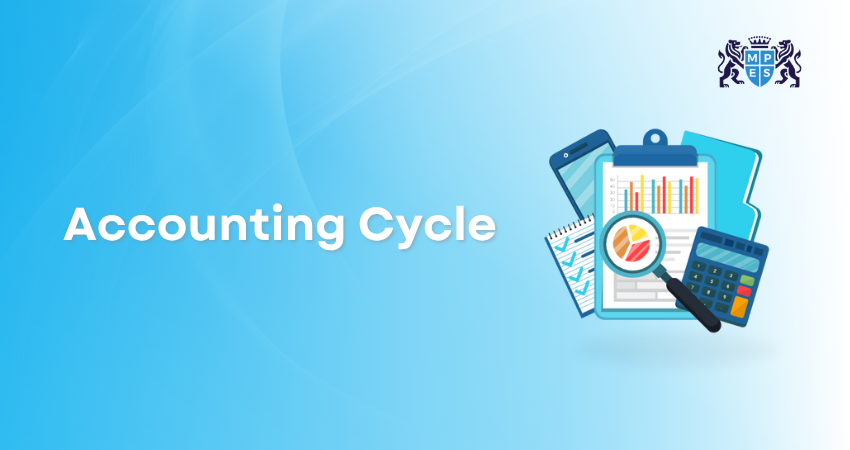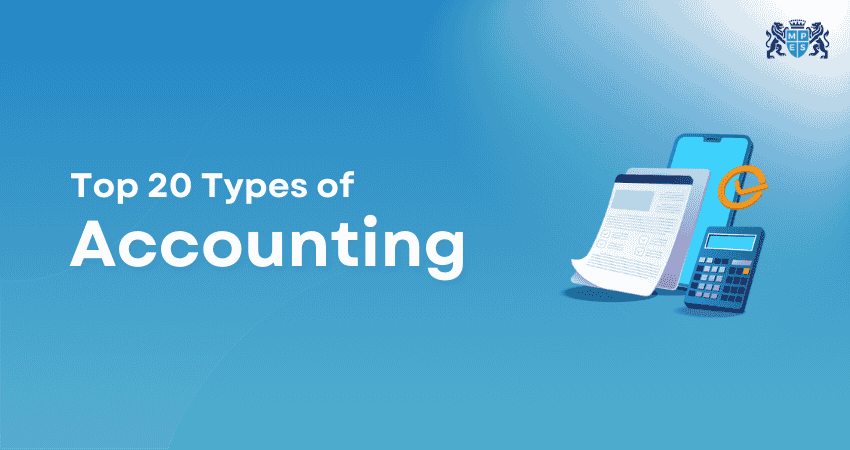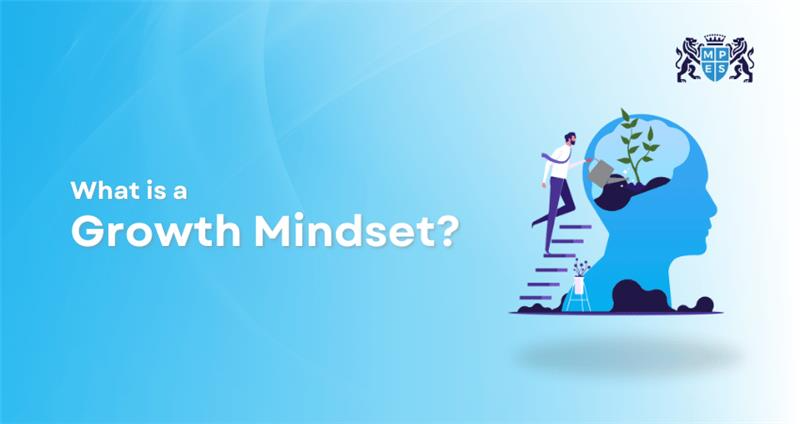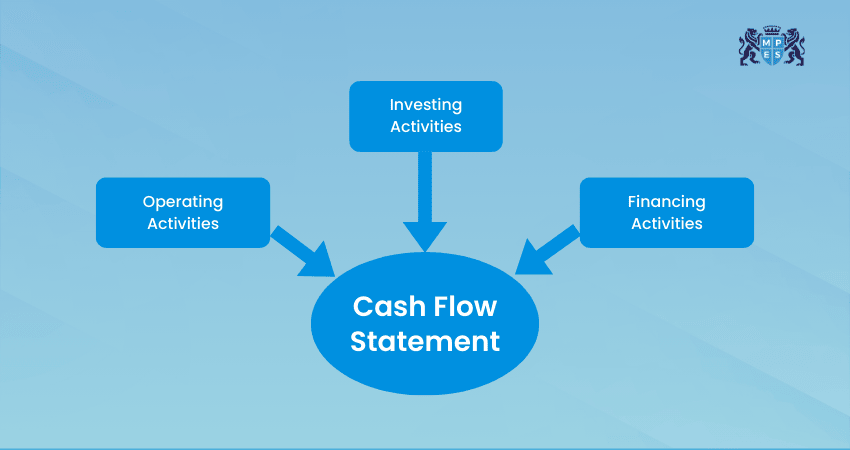Learning Options
- Online Video-Based Learning
- Flexible Schedule
- Expert Trainers with Industry Experience
- High Pass Rates
- 24/7 Personalised Support
- Interactive Learning Materials
- Live Online Classes
- Expert Trainers with Industry Experience
- Live Assessment and Feedback
- Interactive Learning Materials
- Networking Opportunities
- High Pass Rates
Overview
The Disciplined Agile® Coach (DAC) Certification equips professionals with advanced skills to guide organisations in achieving customised agility. This course addresses the growing demand for adaptable and efficient business practices, helping learners unlock their potential as strategic change agents in dynamic environments.
This course is designed for experienced agile professionals, scrum masters, and project managers aspiring to advance their careers as agile coaches. By mastering tailored strategies, learners gain a competitive edge, positioning themselves as valuable assets in driving organisational transformation.
This 2 Day course provided by MPES offers a structured path to mastering agile coaching techniques. It focuses on applying Disciplined Agile® frameworks, enabling learners to deliver high-value solutions, improve team performance, and support organisations in navigating complexities with confidence.
Course Objectives
- Understand the principles of Disciplined Agile® and its applications
- Develop tailored coaching strategies for diverse organisations
- Facilitate agile team collaboration and high performance
- Address organisational challenges with agile solutions
- Align team goals with business objectives effectively
- Enhance decision-making through agile practices
- Promote sustainable agility within organisations
Learners will gain the knowledge and skills to coach teams and organisations, implement tailored agile solutions, and drive measurable improvements in business agility and efficiency.

Average completion time
2 Month
with unlimited support
100% online
Start anytime
Study At Your Own PaceCourse Includes
Course Details
Develop your understanding of essential financial, business and management accounting techniques with ACCA Applied Knowledge. You'll learn basic business and management principles and the skills required of an accountant working in business.
Entry Requirements
Educational Background: There are no specific educational requirements for this course.
Language Proficiency: Learners should have a good command of English, as all course materials, assessments, and discussions are conducted in English.
Interest in Business Management: This course is ideal for individuals with a keen interest in building business management knowledge and pursuing further Agile qualifications.
Learning Outcomes
Master Agile Coaching Techniques: Develop the ability to guide teams and organisations in implementing customised agile strategies for improved outcomes.
Drive Organisational Agility: Learn to navigate complex business environments and promote agility to meet evolving organisational needs and goals effectively.
Facilitate High-Performing Teams: Enhance team collaboration, productivity, and alignment with organisational objectives using tailored Disciplined Agile® practices.
Implement Tailored Agile Solutions: Gain the skills to assess organisational challenges and deliver agile solutions aligned with unique business contexts and priorities.
Target Audience
- Agile Coaches
- Scrum Masters
- Project Managers
- Team Leaders
- Product Owners
- Business Analysts
- Change Managers
This course is ideal for professionals seeking to enhance their agile coaching skills and drive meaningful organisational transformations:
Course content
Describe the DA Coach and How It Fits into the Certification Journey
Explain Why DA Coaching Is Important and How It Is More Effective than Regular Agile Coaching
Explain How the DA Toolkit Supports Coaching
Describe the Different Process Goals
How to Plan and Facilitate Training, Events, and Ceremonies?
Identify, Plan, and Refine the Flow and Techniques the DA Way
Develop Ground-Rules and Facilitate Collaboration
Identify When and How to Involve All Stakeholders
Analyse the Purpose and Context for the Transition to DA
Identify Training Needs and DA Gaps
Develop a Coaching Agreement and Build Confidence
Define Metrics and Other Approaches for a Successful Transition
Develop the Roadmap and Identify Sponsors for the Transition
Construct and Document Brainstorming Sessions Across the Enterprise
Explain, Market, and Promote the New Vision to Stakeholders
Explain Core Concepts and Change Management to Stakeholders
Analyse Information in Gap Analysis
Construct and Verify Objectives that Support the Vision
Identify and Sequence the Initial Initiatives
Explain Impacts to Stakeholders Throughout the Process
Demonstrate Support for the Organisation in Communicating and Making the Change Process Visible
Identify the Key Components of a Successful Community of Practice
Develop Mentorships at Individual Levels Up and Downstream
Demonstrate Different Methods to Seek DA Solutions
Apply Team Building Skills and Knowledge
Utilise and Apply Emotional Intelligence Skills and Principles
Apply Team Building Skills and Knowledge
Model the Continuous Improvement of Communication Skills
Apply Psychological Safety and the Creation of an Open and Safe Environment
Apply Negotiation, Problem Solving, and Decision-Making Skills
Demonstrate Active Listening
Model and Encourage Collaboration
Apply Various Methods, Practices, and Techniques to a Situation
Construct, Introduce, Facilitate, and Review Actions/Experiments to the Organisation Using Systems Thinking
Identify Initiatives for Visible Continuous Improvement
Define Success Criteria, Set, and Manage Expectations
Identify Short Term Wins to Determine Early Successes
Identify Training Needs
Facilitate Organisational Re-design and Develop Formal Paths for Change
Identify Issues and Explore 'Why' with the Working Group
Demonstrate an Understanding of Personal Emotional Regulation and Presence
Demonstrate Listening, Questioning, Flexibility, and Continuously Adapt to Situations
Plan Goals with Individuals, Teams, and the Organisation
Develop, Integrate, and Tailor Frameworks and Toolkits
Explain to the Client Areas of Improvement and Benefits of Solutions
Define the Appropriate Measurement and Tracking Systems
Identify Ways to Create and Cultivate a Psychologically Safe Environment
Explain How to Nurture the Motivation People
Explain the Practice of Mission Command
Model Methods for a Middle-Up-Down Management Approach
Develop an Environment for Continuous Learning
Develop Formal Learning Outcomes
Utilise Different Content Delivery Mechanisms
Identify and Socialise Sources of Information
Relate How the DA Toolkit Relates to Other Practices
Take Part in Communities of Practice
Identify Ways that Challenge the DA Program to Always Improve
Apply DA Value for the Benefit of the Community
Module 1: Disciplined Agile Coach
Module 2: Facilitate the DA Way
Module 3: Engage the Stakeholders
Module 4: Communicate Continuously
Module 5: Mentorship and Leadership
Module 6: Guided Transition and Continuous Improvement
Module 7: Coaching, Consulting, Counselling, and Lean Leadership
Module 8: Training and Development
Module 9: Thought Leadership
MPES Support That Helps You Succeed
At MPES, we offer comprehensive support to help you succeed in your studies. With expert guidance and valuable resources, we help you stay on track throughout your course.
- MPES Learning offers dedicated support to help you succeed in Accounting and Finance courses.
- Get expert guidance from tutors available online to assist with your studies.
- Check your eligibility for exemptions with the relevant professional body before starting.
- Our supportive team is here to offer study advice and support throughout your course.
- Access a range of materials to help enhance your learning experience. These resources include practice exercises and additional reading to support your progress.
Career Growth Stories
Discover how MPES Learning transforms careers with real success stories.

Arvy Pasanting

As a qualified accountant, studying at MPES has been a very rewarding experience. Its team of passionate and dedicated mentors gave me the confidence and knowledge I needed to not just excel at my current role as an auditor, but also inspired me to expand my horizons.
Arvy Pasanting
David Ford

I was recommended MPES after searching for a way to pursue a career in the accounting profession, I have studied with them throughout my journey utilising both their “in class” and online learning opportunities that fit around the needs of my employer, I have found them to be consummate professionals delivering first class accounting courses with support always available.
David Ford
Aaron Allcote

As a finance officer, MPES has been a huge help in understanding the process of recording and processing transactions from all different perspectives. The courses are very easy to follow, and the training they provide can be applied to real-life scenarios. The courses have been a huge help for me, and I would highly recommend them.
Aaron Allcote
Bob Beaumont

I completed all of my ACA studies with MPES and I think you would struggle to find a better training provider anywhere in the British Isles. MPES' tutors are excellent both at delivering training and giving individualised feedback and coaching. the supporting materials and the out of class support are also great.
Bob Beaumont
George Evans

The Financial Risk Management Course at MPES was invaluable in deepening my understanding of risk assessment and mitigation strategies. The hands-on learning approach allowed me to apply new concepts directly to my work. I highly recommend it for professionals in finance.
George Evans
James Robinson

As a financial consultant, I am always seeking ways to enhance my expertise. The Investment Analysis Course at MPES exceeded my expectations, offering practical skills and knowledge that I can apply immediately in my consulting work. It's an outstanding choice for professionals in finance.
James Robinson
Laura Bennett

The Corporate Finance Course I attended at MPES was transformative. The depth of knowledge shared by the instructors and the relevance of the topics covered have directly impacted on our financial strategy. I strongly endorse this program for anyone in a leadership position in finance.
Laura Bennett
Emma Johnson

The Financial Modeling and Valuation Course at MPES was incredibly insightful. The practical applications and real-world examples helped solidify my understanding of complex concepts. I highly recommend this course to anyone looking to enhance their financial acumen.
Emma JohnsonHave Questions? We’ve Got You
If you have any questions, we’re here to help. Find the answers you need in the MPES detailed FAQ section.
Q. What is the main focus of the Disciplined Agile® Coach (DAC) Certification?
The DAC Certification focuses on equipping professionals with the knowledge and skills to guide organisations in adopting tailored Disciplined Agile® strategies. It emphasises applying agile frameworks to solve real-world challenges, enhance team performance, and drive business agility effectively. This course prepares learners to take on agile coaching roles with confidence and expertise.
Q. How does this course benefit experienced agile professionals?
This course helps agile professionals refine their coaching skills, empowering them to implement customised solutions and address organisational complexities. By mastering Disciplined Agile® principles, learners gain a competitive edge, positioning themselves as strategic leaders capable of delivering high-value results in dynamic business environments.
Q. What kind of coaching skills will I develop through this course?
The course enables learners to develop skills in creating customised agile frameworks, facilitating high-performing teams, and driving organisational agility. It also focuses on improving decision-making, enhancing collaboration, and aligning team goals with broader business objectives, ensuring long-term sustainability and success.
Q. Why should I choose MPES for the DAC Certification?
MPES offers expert-led training designed to help learners master Disciplined Agile® concepts and coaching techniques. The course combines theoretical knowledge with practical insights, providing learners with the tools to address real-world organisational challenges and drive measurable results in their professional roles.
Q. How does this course support organisational transformation?
This course equips learners to implement agile practices that foster collaboration, enhance team productivity, and align organisational strategies with business goals. By focusing on tailored solutions, learners are prepared to guide organisations in achieving sustainable agility and long-term success.
Related Courses
Explore additional courses designed to complement your learning journey and enhance your professional skills. Expand your knowledge with these expertly curated options tailored to your career goals.






Resources
Access a wide range of free resources to support your learning journey. From blogs to news and podcasts, these valuable guides are available at no cost to help you succeed.
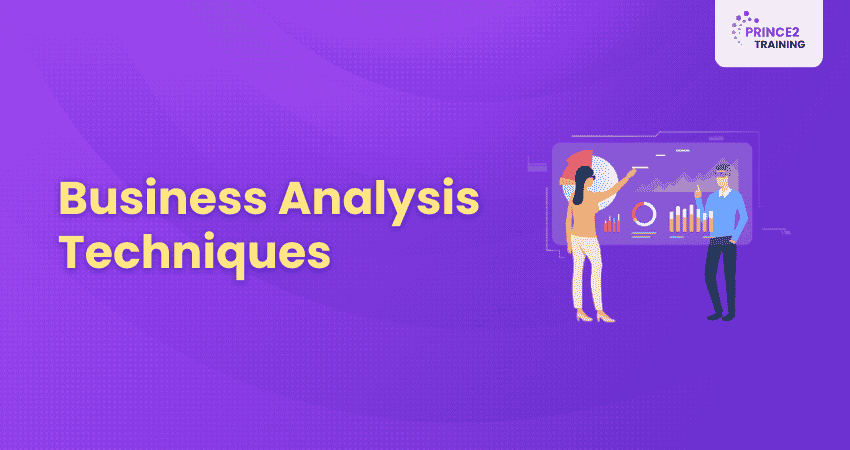
Top 15 Effective Business Analysis Techniques to Achieve Success
Veronica Davis14-Jan-2025
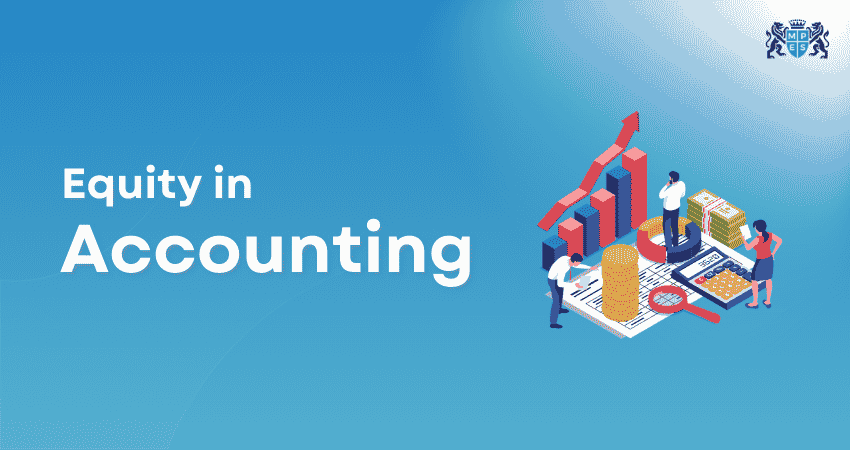
Equity in Accounting: Meaning, Components & How to Calculate it
Maria Thompson10-Jan-2026
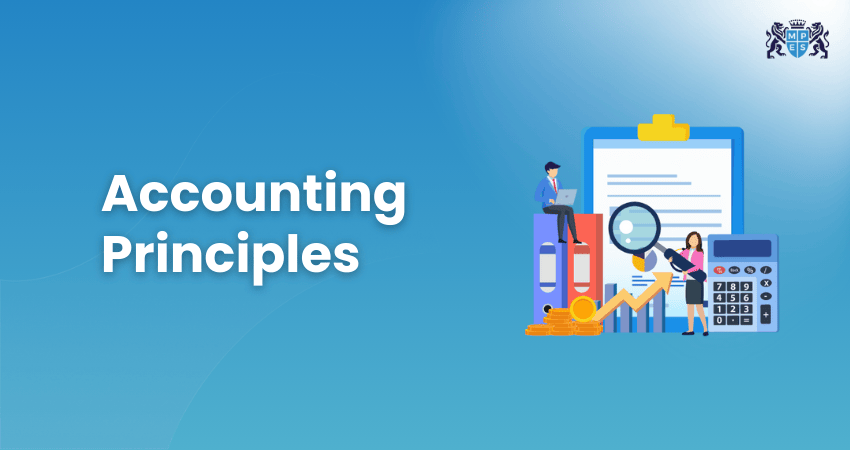
Accounting Principles: Definition, Types, Importance, and Benefits
Grace Mitchell22-Sep-2025
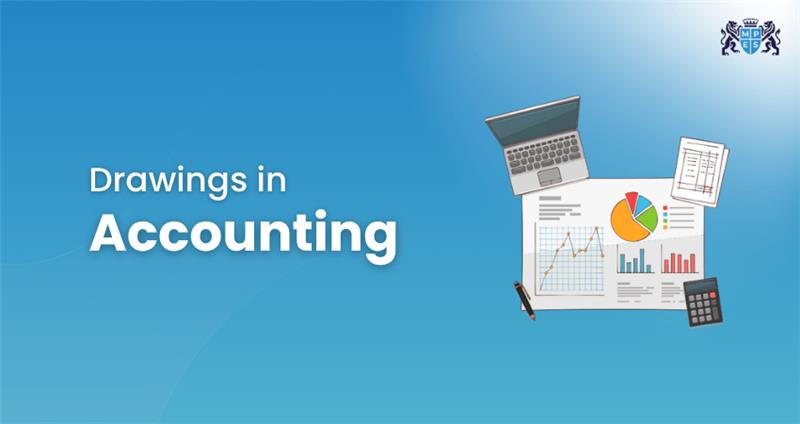
Drawings in Accounting: Definition, Characteristics, and Examples
Maria Thompson21-Jul-2025
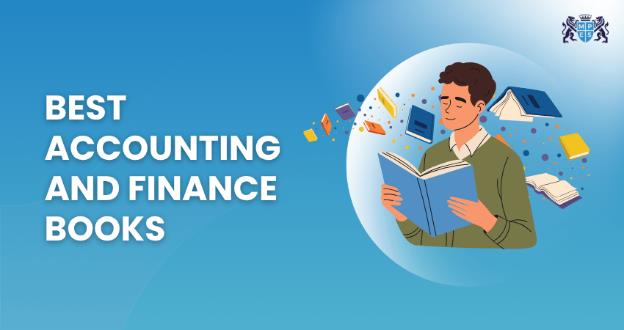
The Best Accounting and Finance Books for Professionals and Students
Maria Thompson07-Jul-2025

Activity-Based Costing (ABC): Definition, Benefits & Limitations
Maria Thompson16-Jun-2025

Job Shadowing: How it Benefits Teams via Observational Learning
Maria Thompson13-Jun-2025

Deferred Revenue: Definition, Liability Risks & Examples Explained
Maria Thompson10-Jun-2025
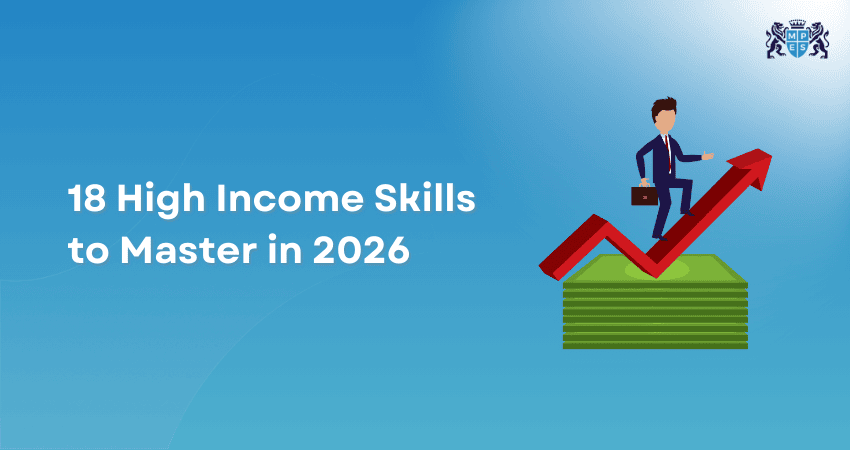
18 High Income Skills to Master in 2026 for Great Profitability
Maria Thompson26-May-2025

AI in Workplace: Benefits & Examples Shaping the Future of Work
Maria Thompson20-May-2025

15 Reasons Why to Become an Accountant: Benefits & Career Growth
Maria Thompson14-May-2025

How to Motivate Yourself: 20 Powerful Tips for Self-improvement
Maria Thompson12-May-2025
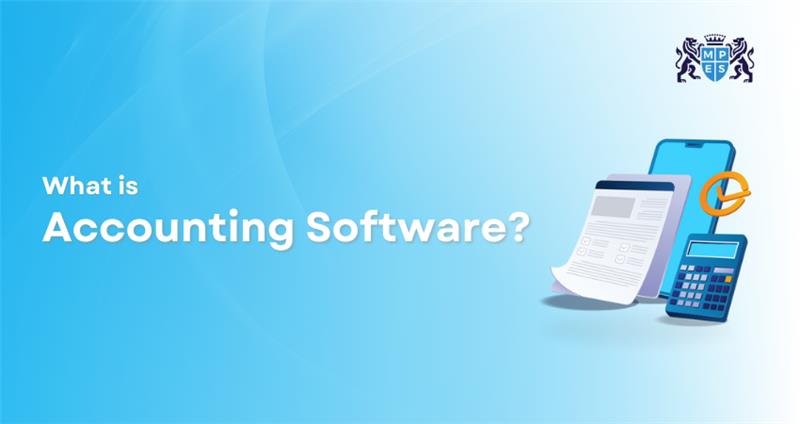
What Is Accounting Software? Features, Types & Benefits Explained
Maria Thompson07-May-2025

Cyber Security for Business: Meaning, Importance & Tips Explained
Maria Thompson02-May-2025

What is Bookkeeping, Its Importance and How to Become a Bookkeeper
Maria Thompson28-Apr-2025

Freelancing vs Full-Time Employment: Choosing the Right Career Path
Maria Thompson25-Apr-2025

What is Financial Reporting: Types, Importance and Uses Explained
Maria Thompson21-Apr-2025
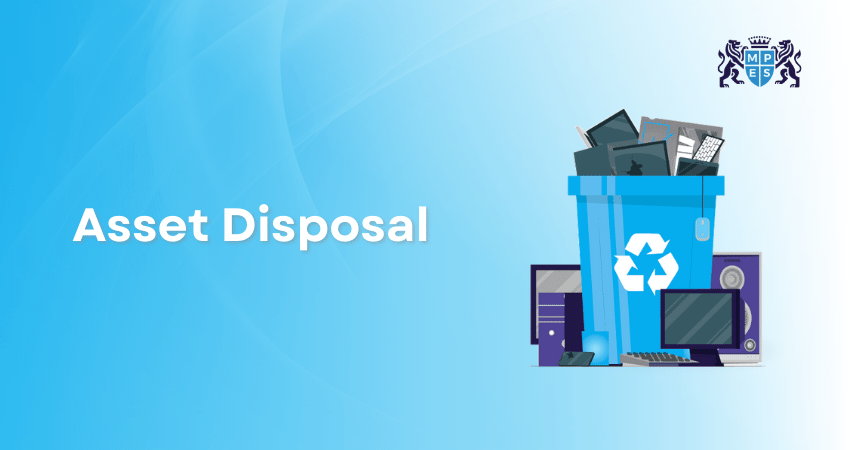
Asset Disposal: Definition, Types, Methods and Examples Explained
Maria Thompson16-Apr-2025

Allowable and Disallowable Expenses in the UK: Explained in Detail
Maria Thompson09-Apr-2025

What is Human Resource Management (HRM)? Principles and Functions
Maria Thompson08-Apr-2025

Navigating Career Transitions with the 10 Steps Framework Guide
Maria Thompson28-Mar-2025

Top 15 IT Soft Skills Every Tech Professional Should Have in 2025
Maria Thompson05-Mar-2025

Trade Payables: Definition, Benefits, Tips, and Examples for Business
Maria Thompson03-Mar-2025

What is Goodwill in Accounting? Importance, Types, and Examples
Maria Thompson11-Feb-2025

Audit vs. Assurance: Definitions, Key Differences & Similarities
Maria Thompson03-Feb-2025
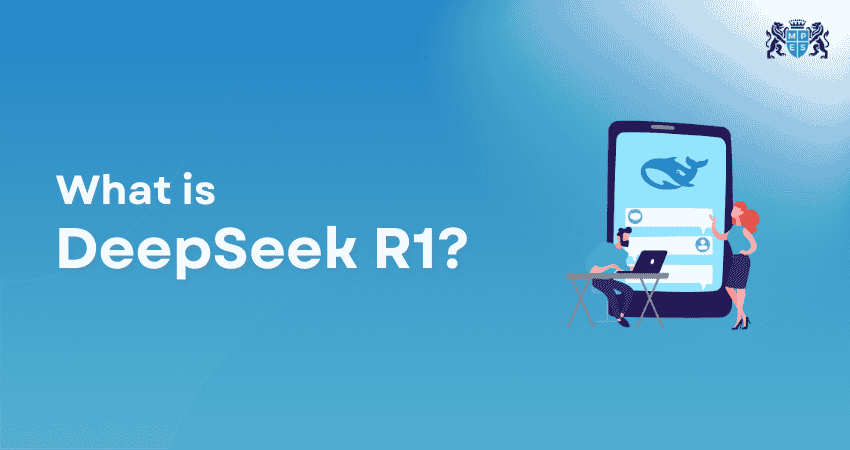
What is DeepSeek R1 Model, and How it Ranks Against OpenAI's o1?
Maria Thompson31-Jan-2025

What Is Cash Basis Accounting? Definition, Example and New Updates
Maria Thompson29-Jan-2025

Corporate Tax Planning: Definition, Types, Strategies, and Benefits
Maria Thompson27-Jan-2025

The Power of Resilience: Strategies to Develop Your Inner Strength
Maria Thompson23-Jan-2025

Financial Accounting vs Management Accounting: What's the Difference?
Maria Thompson22-Jan-2025
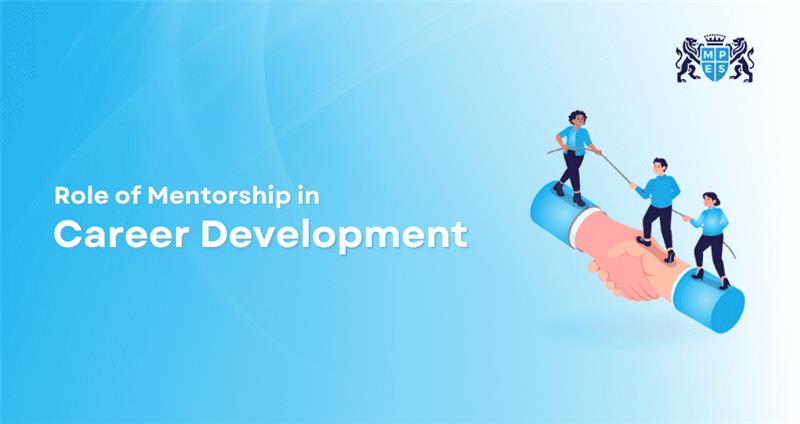
Role of Mentorship in Career Development: A Catalyst for Success
Maria Thompson16-Jan-2025

What is a Stakeholder: Definition, Types and Examples Explained
Maria Thompson13-Jan-2025

15 Reasons You Should Invest in Professional Development: Explained
Maria Thompson03-Jan-2025

What is Corporate Governance: Principles, Models, and Best Practices
Maria Thompson23-Dec-2024

What Is Management Accounting? Types and Key Functions Explained
Maria Thompson18-Dec-2024

Accounting Secrets to Effective Budgeting: Proven Strategies for Creating Effective Budgets
Maria Thompson16-Dec-2024

Financial Accounting in a Remote Work Era: Adapting Key Practices
Maria Thompson12-Dec-2024

Future-ready Accountants: Top Certifications to Bridge Skills Gaps in 2025
Maria Thompson04-Dec-2024
 Have Any Question?
Have Any Question?
 +44 7452 122728
+44 7452 122728






 Back
Back



